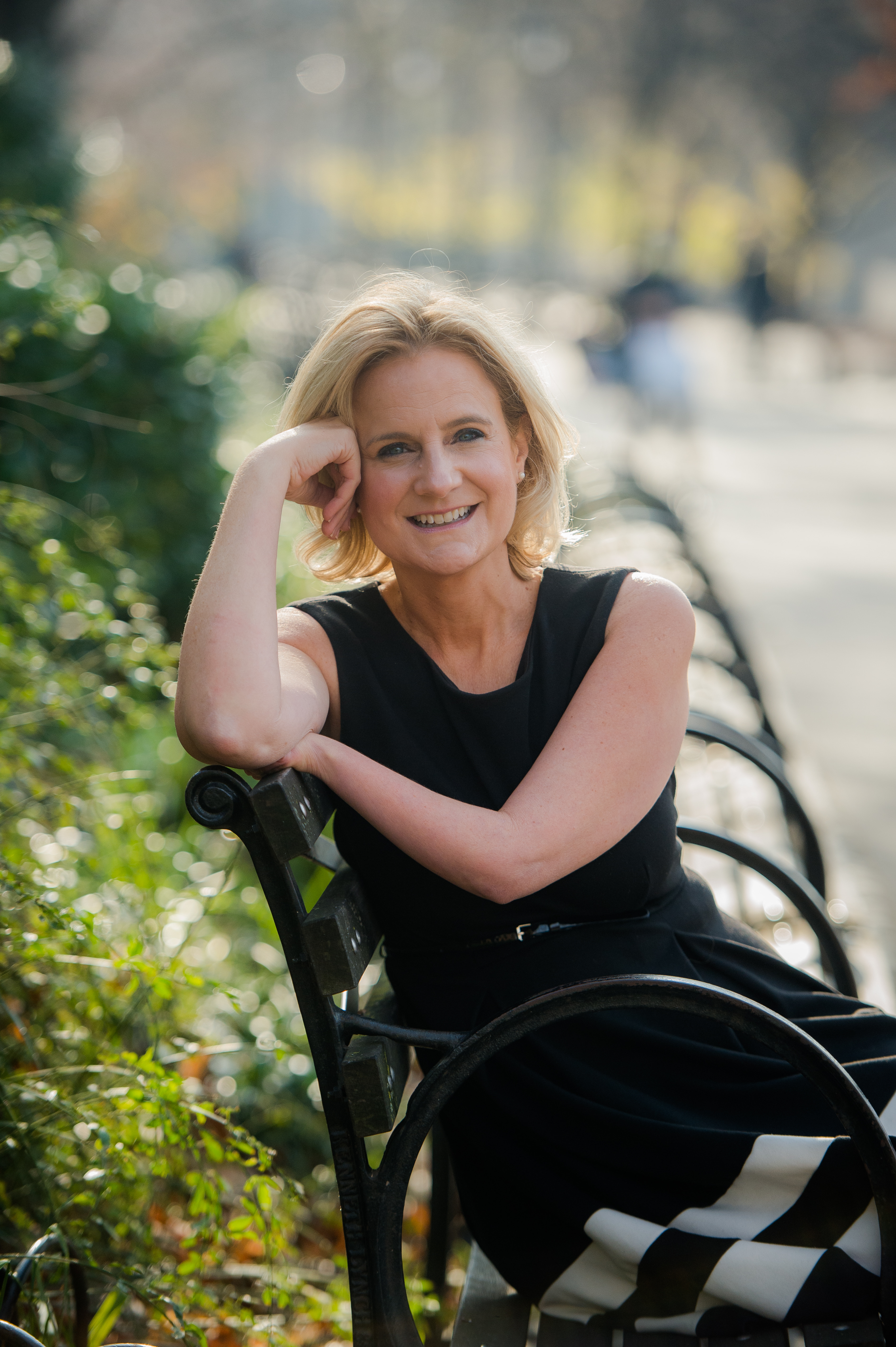In case you missed it, Saturday was a moment in history—a moment we will all benefit from eventually.
Watching the NFL Draft is not typically how I spend the weekend, but Saturday, April 28th was unique. For me, it was hope, nervousness, and legitimacy—all bundled together. The anticipation that a young football player might get picked for a team reminded me on a much smaller scale of my childhood hope and anxiety of waiting to get picked for kickball teams year after year in elementary school. The Draft, like elementary school, is a showcase of athleticism, popularity, and statistics, with the more athletic kids always getting chosen first. I almost didn’t want to watch. Would Shaquem Griffin get drafted? Shaquem Griffin, the one-handed football player from Florida, who had a dream to play professional football from a young age. Shaquem Griffin who was often sitting on the sidelines because people told him that football players need two hands. Shaquem Griffin who never gave up and worked even harder to prove that he was able. Would someone give Shaquem a chance, not because of his missing hand, but because of his ability, his determination, and his strength?
As someone born with a physical limb difference myself, missing my left hand, I understand part of Shaquem’s experience in a unique way. Though he and I are different people and come from different backgrounds, we share a common knowledge and language—people thinking we “can’t” because of our difference. We learn to live with discomfort. Strangers stare at our missing hand and ask questions like “Oh my God, what happened to your hand.” People make assumptions about our ability all the time. We are more than often in a position of having to prove that we can, rather than be defeated or overlooked. We have had to figure out how to live in a two-handed world with ease and lack of dependency. We have had to figure out relatively easy tasks creatively, like learning how to tie a shoe with one hand, how to button and zipper a coat with one hand, and even learning how to balance and ride a bicycle with one hand, among other things. Also, we anticipate solutions before they become a problem, such as learning how to be confident at a cocktail party balancing a drink and food, while greeting people and shaking hands. Simple things and tasks that people with two hands rarely think twice about and don’t cause embarrassment. We have had to learn how to fit in and be normal if we want to succeed. Often, we have had to be “extra”: extra smart, extra clever, and extra persistent.
However, this experience of being different only defines us if we let it. Unfortunately, I did. For 24 years of my life, I hid my hand. It started my first day at a new high school, I gently tucked my hand into my pants pocket wanting to look the same as my teenage peers, never imagining that my secret would continue into my adult life. I did not show my hand to strangers, didn’t reveal my fears and anxieties about my hand to friends and family, and stopped trying new things, because I was so ashamed of my missing hand.
So, Shaquem’s draft pick was critically important to me. Like the little girl who was in awe of seeing Michelle Obama’s portrait at the National Portrait Gallery, I was in awe on Saturday. Just seeing someone who looks like me and who owns it proudly, it inspired me. His portrait has begun to help me change the way I view myself. Seeing someone for the first time in my adult life receive national attention, sign a Nike deal, and get picked by a top sports franchise, gives me hope. Hope for me. Hope for the current and future generations of kids born missing a limb. And, hope that we can start a real conversation about difference and ability in this country. I have been learning that our differences make us unique and are our greatest gift to share– they make us stronger.
I applaud Shaquem for never giving up; I imagine what courage it must have taken him to persist, and I understand his drive. I look forward to becoming a Seattle Seahawks fan and watching what the team can accomplish together. Moreover, I applaud Nike, Toyota (for their Paralympics commercial), and the NFL for beginning the conversation on difference and ability by having an active and public voice.
Note: I am also incredibly grateful for finding the Lucky Fin Project on Facebook; they have helped me realize that I am not alone in my limb difference.
Originally published at www.linkedin.com


